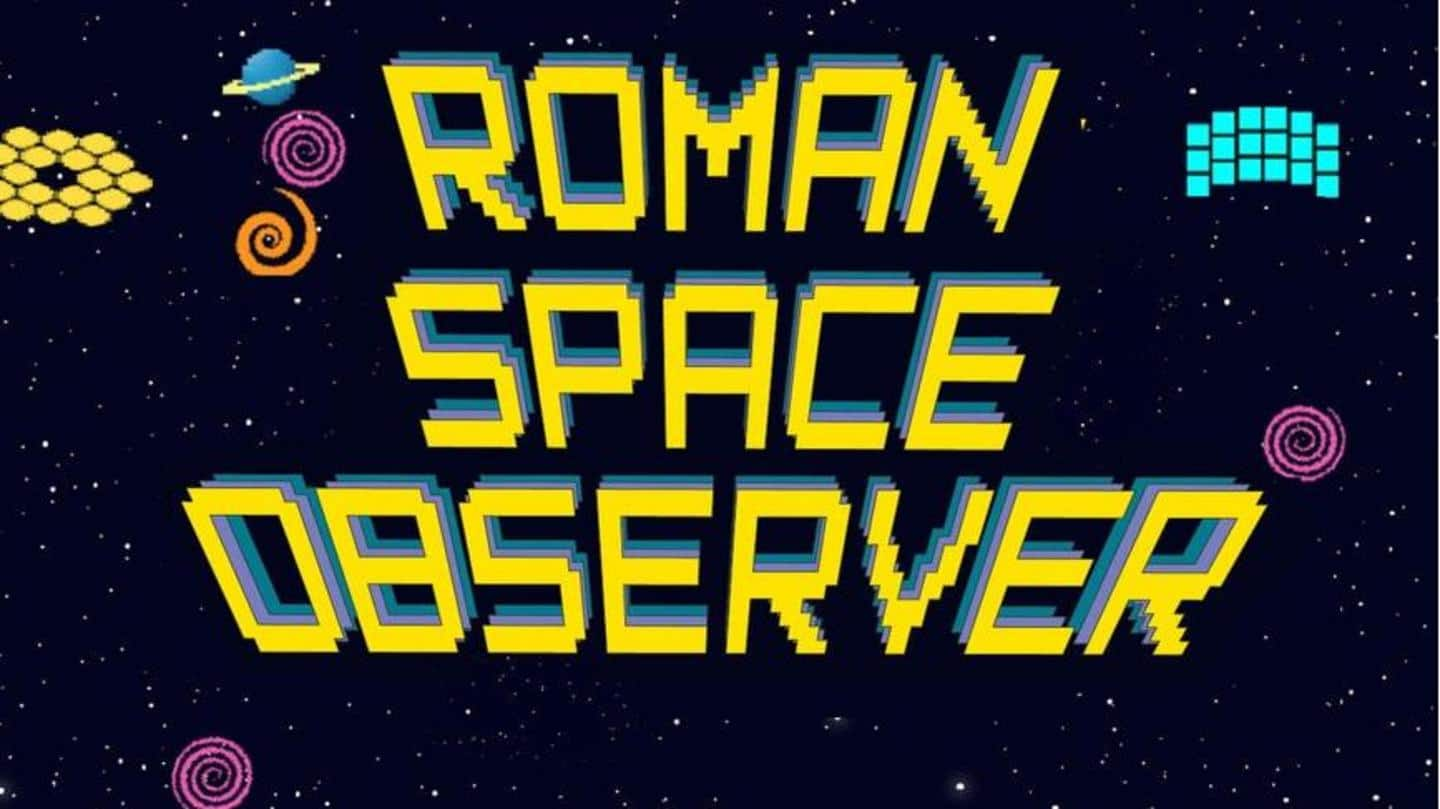
NASA launches free 'Roman Space Observer' game: How to play?
What's the story
The US's National Aeronautics and Space Administration (NASA) has launched a retro 8-bit style video game called Roman Space Observer.
In this free-to-play online game, players have to catch astrophysical objects like black holes, exoplanets, and dark matter, among others, using Roman detectors.
This game will help in promoting the upcoming Nancy Grace Roman Space Telescope that will investigate topics pertaining to infrared astrophysics.
Context
Why does this story matter?
The Roman Space Observer has been named after NASA executive Nancy Roman, who is also known as the "Mother of Hubble."
This game is perfect for those who enjoy reveling in '80s nostalgia and is suitable for children and adults alike.
Players can gain knowledge about various heavenly bodies as well as the future of astronomy in a fun manner.
Steps
How to play this game?
Those who want to play the game can head to roman.gsfc.nasa.gov.
Players are given one minute to collect space objects by playing as a telescope, while old-school music plays in the background.
Players zip around using arrow keys in space and hit the spacebar to capture celestial objects like galaxies, supernovae, etc. Rack up a new high score and learn more about space.
Official words
'The game will entertain and educate players simultaneously'
NASA released a statement revealing its intention behind launching this game.
"Retro 8-bit style games have made a big comeback... Younger generations are now loving games that older generations still enjoy."
"This game is intended to entertain players across a wide variety of interests and skillsets, all while spreading the word of the Nancy Grace Roman Telescope and the fantastic science it will uncover."
Goals
What will the Nancy Grace Roman Space Telescope do?
The Nancy Grace Roman Space Telescope will be launched around the middle of this decade and shall be able to map 100 times more sky compared to the Hubble Space Telescope.
The observatory will search for and image exoplanets as well as solitary black holes and unlock the secrets of dark energy/matter.
It will also strive to solve the discrepancies in the Hubble constant.